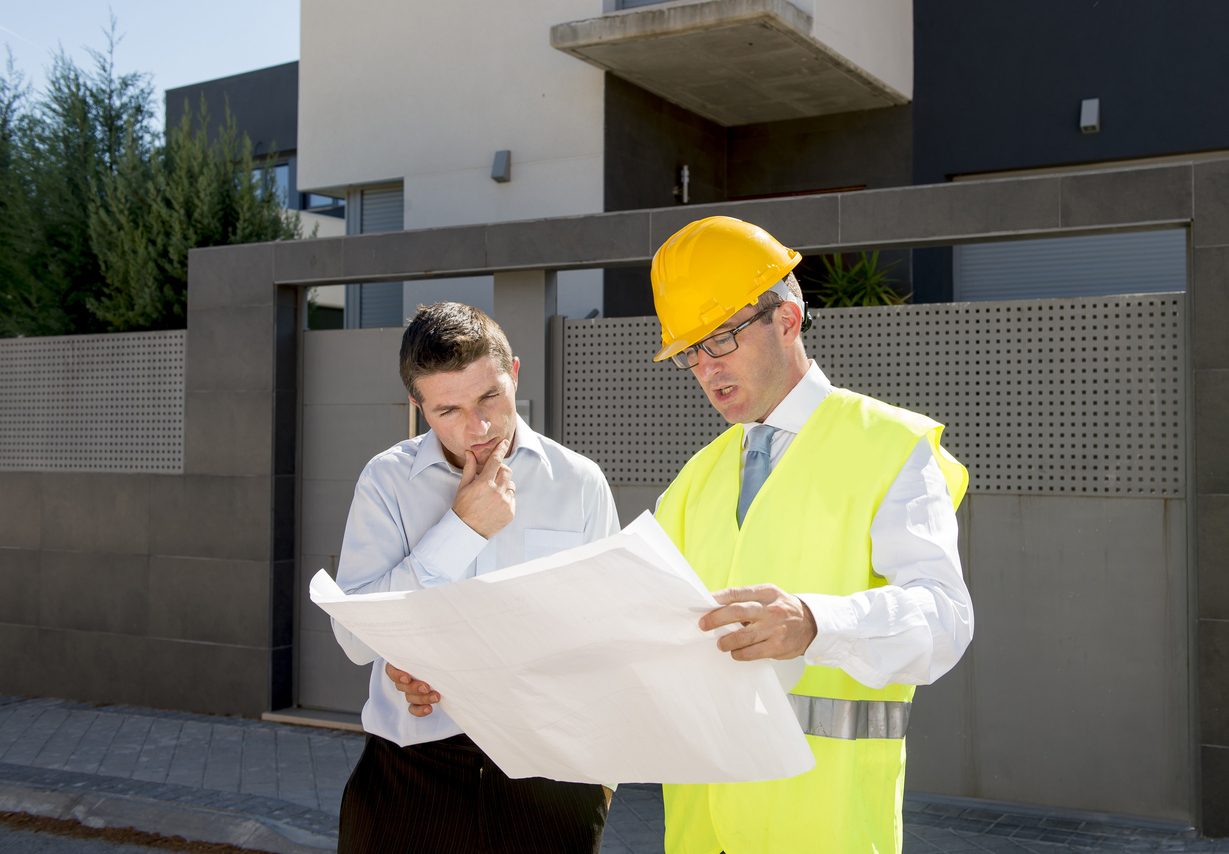
No matter how many years you’ve worked in the building industry, you will always run into problems and questions that you don’t have solutions to. Constantly changing building codes, new materials and improvements in building techniques and technology may mean that you come up against a problem or question that is beyond your current scope of knowledge. When this happens, you can use it as an opportunity to grow while still maintaining your professionalism.
It’s OK to say “I don’t know”
You are viewed as an expert in your field and that’s why most of us have trouble saying “I don’t know;” we don’t want to lose credibility. You don’t want to admit that you don’t know something in case you lose face in front of your clients and crew.
If you know your stuff most of the time, it’s ok to say “I don’t know” some of the time.
The most important thing is that you can’t say “I don’t know” all of the time. That means you really do have to know what you are talking about most of the time. Take time out of your busy schedule to keep up with changes in building codes, to research new materials and technology that can make you work smarter, not harder.
Choose your Words
There are ways to say ‘I don’t know’ that help you to retain credibility. Here’s a few ways to deal with difficult questions:
- Restate the question. You can say something like; “Now let me get this straight; you want to know…” Restating the question buys you some time to come up with the right answer. It also ensures that you clearly understand what the person wants to know.
- That’s a great question! I was just looking into that myself. I’m gathering information on this and I should be able to get back to you by… In this instance, it’s important that you give the client a deadline so they know that you are on it. Be sure to get back to them with the answers or information on or before your stated deadline.
- Sometimes clients ask questions that are outside of your area of expertise. Perhaps they are asking a question that relates to plumbing or electrical that you aren’t responsible for. In these instances, even if you do know the answer, it may be best to refer them to the right person. While you may be tempted to answer, it can cause a miscommunication. Put them in touch with the right person instead.
- If you ‘sort of’ know the answer: when you have a little of the information, but not the whole answer or perhaps you aren’t 100% sure, it’s best to use language that reflects this. Say that your opinion is an ‘educated guess’ or that you think you have the answer, but that you will double check it to make sure.
- If you don’t know something that you should—remain composed. Don’t let your body language give you away. Just say you don’t know with confidence, but that you will look into the matter.
Keeping abreast with changes in construction management will mean you perfect your processes so you can do more work with fewer people. Advances in building materials and construction management technology can actually help you to build faster and better. This means you are able to provide your clients with information that actually improves their impression of you.
Keeping up with building code changes just means you won’t fail inspections or get expensive callbacks. You will be able to build to code first time so you save time and money.
No one is going to judge you negatively for not having all the answers or information. If you are honest and work to fill in the gaps in your knowledge, you will gain their trust and admiration more effectively than if you give them the wrong answers.
Discovering gaps in your knowledge is great as it helps you to improve and research areas that will make you a better builder and a better construction manager.
